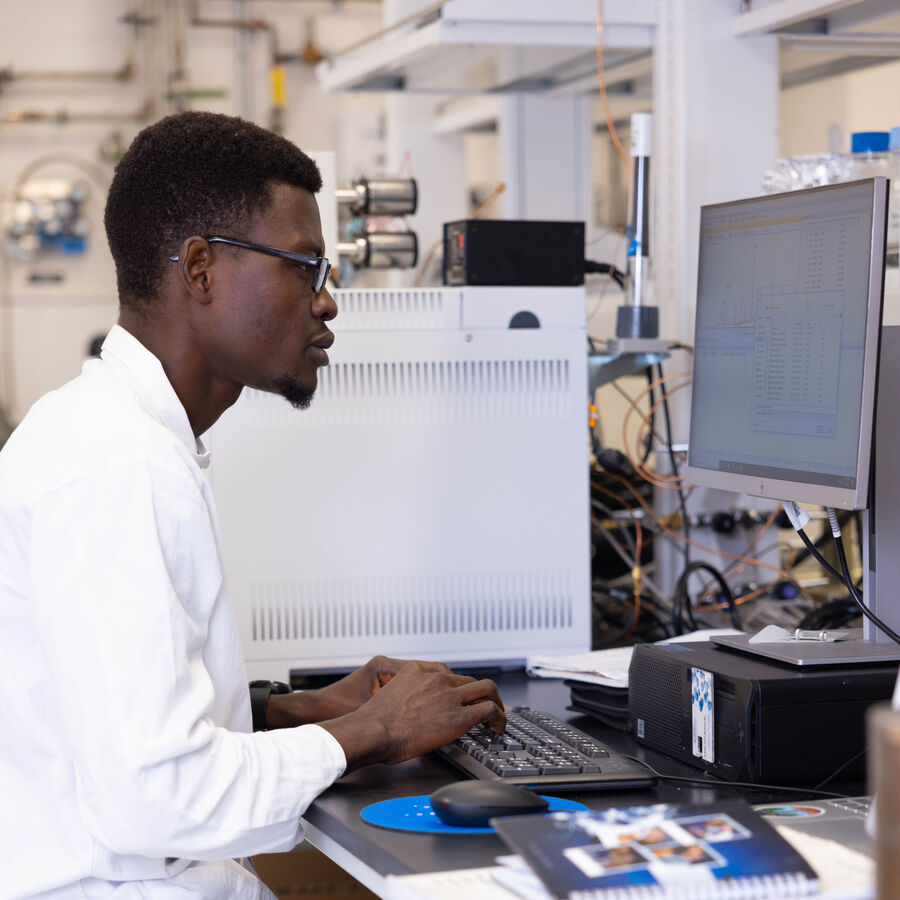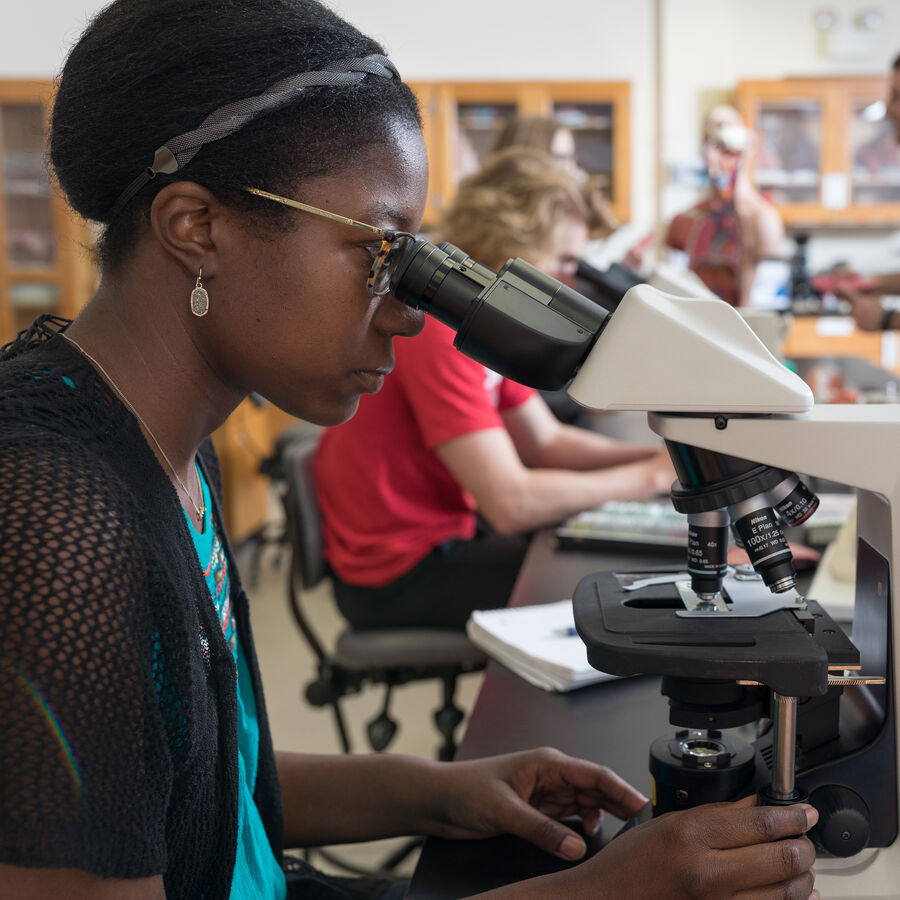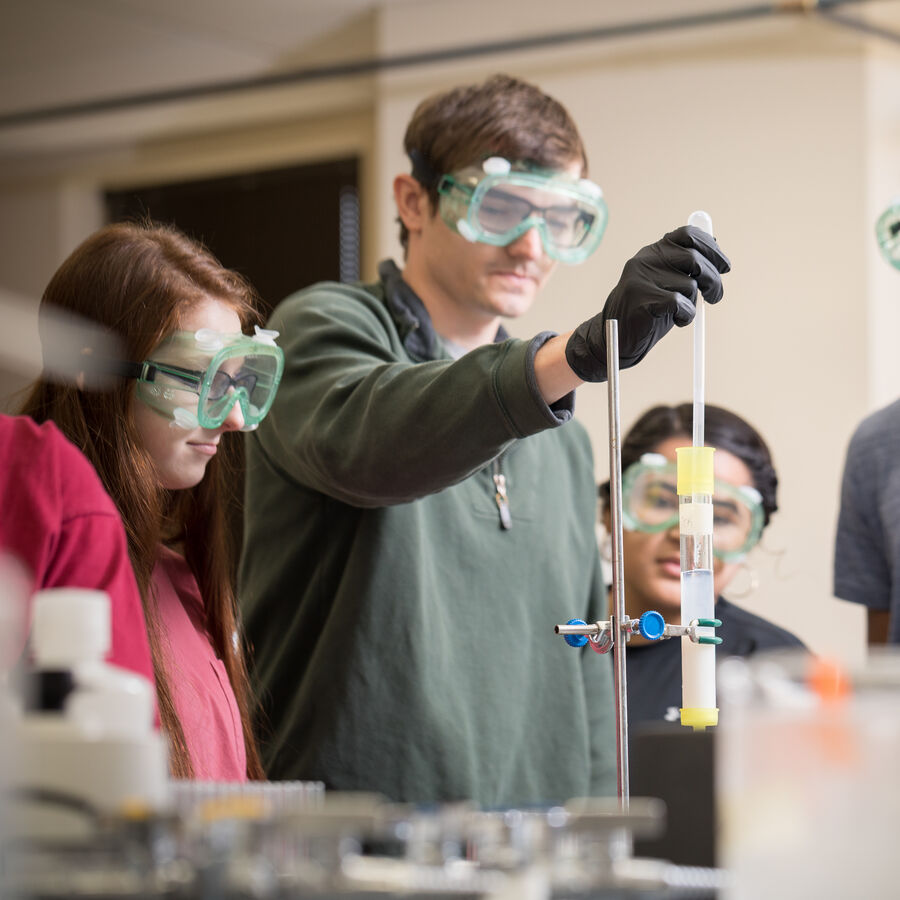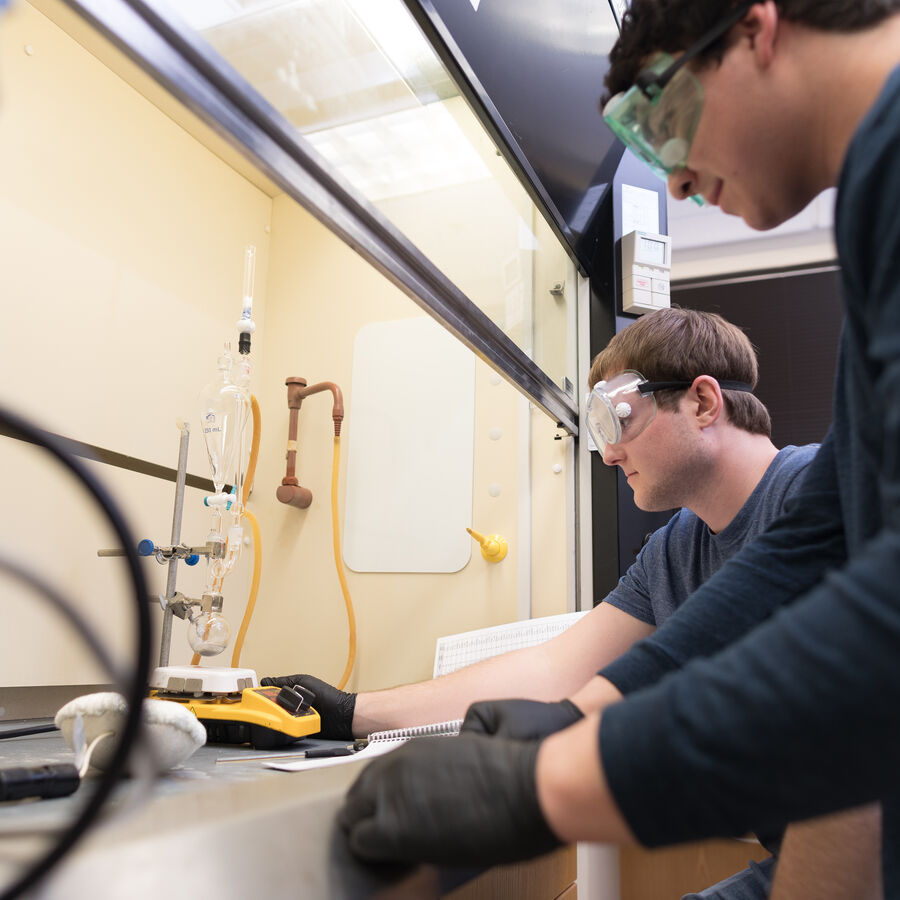
PhD in Integrated Biomedical Sciences

Center for Biomedical Research
UT Tyler’s biomedical advances begin here. This center focuses on disease prevention and treatment for lung injuries, immunity, coagulation and thrombosis, cardiovascular diseases, tissue remodeling and neoplasia, and cancer, including through research supported by a partnership with the National Institutes of Health.
Learn More
Faculty Feature: Dr. Mitsuo Ikebe
How do lung infections contribute to scarring in the pleural space? Dr. Mitsuo Ikebe, chair for cellular and molecular biology, started investigating this relationship and the role myocardin molecules play through a four-year $1.9 million grant awarded by the NIH in 2019.
Learn More About His ResearchExplore Related Programs
Take Your Next Step
Turn your curiosity into the next generation of medical advancements with a PhD in Integrated Biomedical Sciences from UT Tyler.


